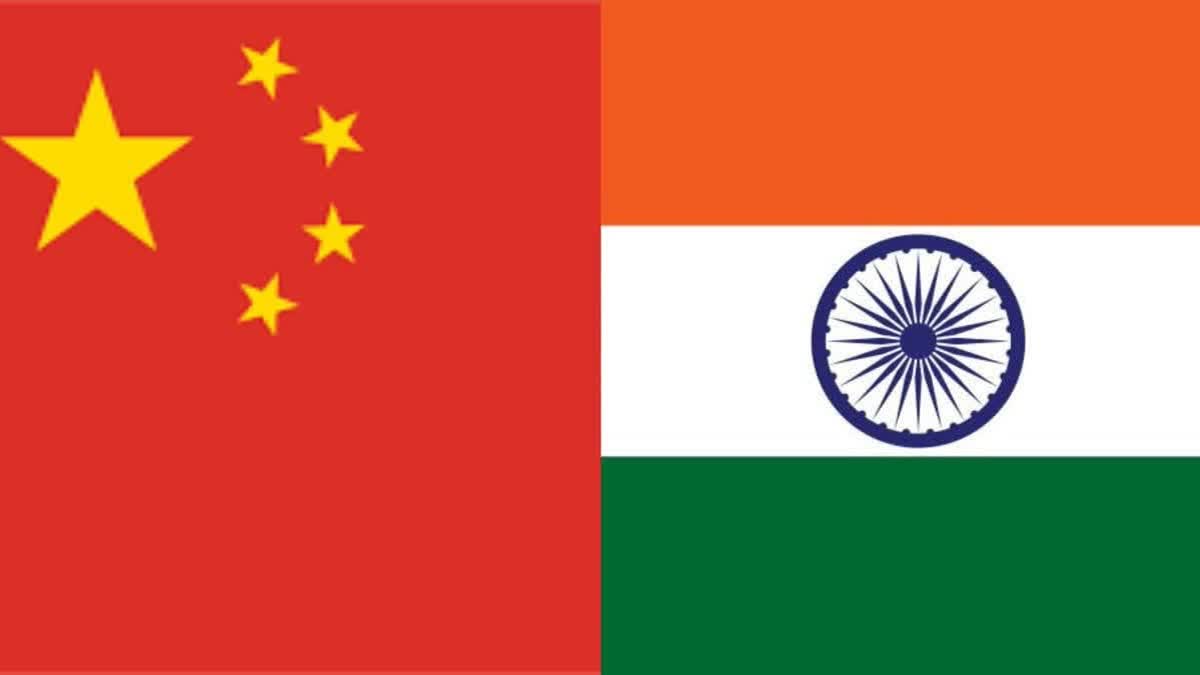New Delhi: China announced on Friday that it has disengaged its troops from four locations in eastern Ladakh, including the Galwan Valley.
The spokesperson of the Chinese Foreign Ministry, Mao Ning, stated that the border situation between India and China was “generally stable and under control.”
This significant announcement comes after a meeting in Russia, on the sidelines of a conclave of national security advisors from BRICS nations (Brazil, Russia, India, China, and South Africa), where both countries agreed to work together to create favourable conditions for improving bilateral relations.
"On September 12, Director Wang Yi met with India's National Security Adviser Ajit Doval in St. Petersburg. The two sides discussed progress made in recent consultation on border issues and agreed to deliver on the common understandings reached by leaders of the two countries," Mao said.
She confirmed that the Chinese and Indian militaries have achieved disengagement in four areas along the Western sector of their shared border.
"In recent years, front-line armies of the two countries have realized disengagement in four areas...including the Galwan Valley. The China-India border situation is generally stable and under control," she stated.
The announcement came shortly after India's External Affairs Minister S Jaishankar said that about 75% of the "disengagement problems" with China have been sorted out.
Jaishankar On India-China Border Conflict
During an interactive session in Geneva, Jaishankar stated that the Galwan Valley clashes of June 2020 affected the overall India-China ties. He stated that one cannot have violence at the border and then say the rest of the relationship is insulated from it.
"Now those negotiations are going on. We made some progress. I would say roughly you can say about 75% of the disengagement problems are sorted out," PTI quoted him as saying.
Diplomatic Efforts On Disengagement
Soon after Jaishankar's speech, NSA Doval met with Wang. The meeting occurred on the sidelines of the BRICS NSAs meeting in St Petersburg, Russia.
According to a statement from the Ministry of External Affairs (MEA), this meeting allowed both sides to "review recent efforts toward finding an early resolution of remaining issues along LAC."
The MEA also stated that India and China have agreed to work with "urgency" and "redouble" their efforts to achieve complete disengagement in the remaining friction points in eastern Ladakh.
The MEA stated that the discussion between Doval and Wang provided an opportunity to evaluate the recent efforts toward finding an early resolution to the unresolved issues.
Background On Strained Relations
The diplomatic relations between India and China have nosedived after the border row escalated in June 2020, when around 20 Indian soldiers were killed in clashes in the Galwan Valley in Ladakh.
Since then, both nations have held more than 20 rounds of talks to restore peace and tranquillity along the LAC.
The two sides engaged in a series of diplomatic talks, especially after China issued a statement saying it does not recognize the "so-called Arunachal Pradesh illegally set up by India."
Subsequently, China also named the area as "Zangnan." Meanwhile, New Delhi dismissed Beijing's move to assign "invented" names to the area and said it didn't alter reality.
Read More:



